 W
WStanisław Bereś is a Polish poet, literary critic, translator and literary historian.
 W
WJan Błoński was a Polish historian, literary critic, publicist and translator. He was a leading representative of the Kraków school of literary criticism, regarded as one of the most influential critics of postwar Poland.
 W
WWojciech Jan Browarny is a Polish literary scholar, literary critic, regionalist scholar and associate professor at Wrocław University. He works at the Institute of Polish Philology of the University of Wrocław, where he heads the Department of History of Polish Literature after 1918 and the Regional Research Unit.
 W
WPiotr Chmielowski was a Polish philosopher, literary historian and critic.
 W
WJózef Czapski was a Polish artist, author, and critic, as well as an officer of the Polish Army. As a painter, he is notable for his membership in the Kapist movement, which was heavily influenced by Cézanne. Following the Polish Defensive War, he was made a prisoner of war by the Soviets and was among the very few officers to survive the Katyn massacre of 1940. Following the Sikorski-Mayski Agreement, he was an official envoy of the Polish government searching for the missing Polish officers in Russia. After World War II, he remained in exile in the Paris suburb of Maisons-Laffitte, where he was among the founders of Kultura monthly, one of the most influential Polish cultural journals of the 20th century.
 W
WEdward Dembowski was a Polish philosopher, literary critic, journalist, and leftist independence activist.
 W
WKarol Józef Teofil Estreicher was a Polish bibliographer and librarian who was a founder of the Polish Academy of Learning. While he is known as the "father of Polish bibliography", he is also considered the founder of the bibliographical method in literary research. His "monumental work", Bibliografia Polska is called the "most outstanding bibliography of Polish books, and probably one of the most famous bibliographies in the world".
 W
WIgnacy Fik was a Polish poet, essayist, literary critic and political activist. He was the father of the theatre historian Marta Fik.
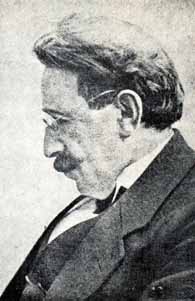 W
WDavid ben Saul Frischmann was a Hebrew and Yiddish modernist writer, poet, and translator. He edited several important Hebrew periodicals, and wrote fiction, poetry, essays, feuilletons, literary criticisms, and translations.
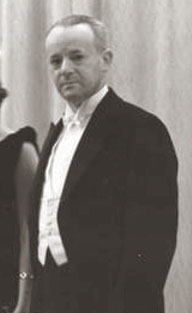 W
WJan Fryling was a Polish diplomat, writer, journalist and president of the Józef Piłsudski Institute of America in the years 1972-1977.
 W
WWitold Hulewicz (1895–1941) was a Polish poet, literary critic, translator and publisher. Best known for his translations of German language literature, including most of the published works of his personal friend Rainer Maria Rilke, Hulewicz was also one of the pioneers of radio in Poland: he was the first director of the Wilno-based Polish Radio Wilno, one of the most popular Polish radio stations of the 1920s and 1930s. He also published numerous literary and artistic journals. Arrested by the Germans during World War II as part of their AB-Aktion, Witold Hulewicz was murdered at Palmiry in 1941.
 W
WMaria Janion was a Polish scholar, critic, and theoretician of literature, as well as a renowned feminist. She was a Professor at the Institute of Literary Research of the Polish Academy of Sciences, specialising in literary Romanticism.
 W
WAnna Janko, is a Polish poet, writer, columnist and literary critic.
 W
WPaweł Jędrzejko is a literary scholar and an Americanist, translation studies scholar, musician and yachtsman. Member of the Polish a cappella sextet Banana Boat.
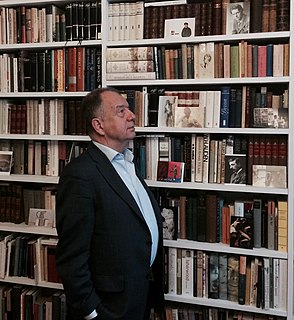 W
WWojciech Karpiński was a Polish writer, historian of ideas and literary critic.
 W
WMarya Kasterska was a Polish writer, journalist and literary critic who lived in France.
 W
WLeszek Józef Serafinowicz was a Polish poet, literary and theater critic, diplomat, and co-founder of the Skamander literary movement and the Polish Institute of Arts and Sciences of America.
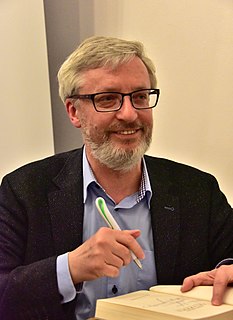 W
WJacek Leociak is a Polish literary scholar and historian as well as author. He is professor of humanities and an employee of the Institute of Literary Research at the Polish Academy of Sciences and the Polish Center for Holocaust Research in Warsaw.
 W
WTadeusz Antoni Mostowski was a Polish writer, journalist, literary critic and politician.
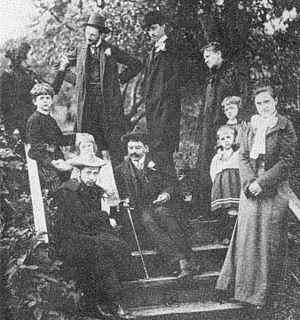 W
WOstap Ortwin was a Polish Jewish journalist and literary critic.
 W
WAleksander Głowacki, better known by his pen name Bolesław Prus, was a Polish novelist, a leading figure in the history of Polish literature and philosophy, as well as a distinctive voice in world literature.
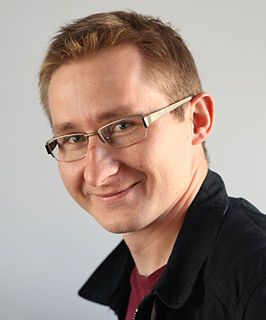 W
WSławomir Witold Sierakowski is a Polish journalist, literary critic and sociologist as well as head of Krytyka Polityczna, a movement of left-wing intellectuals, artists and activists based in Poland and director of Institute for Advanced Study in Warsaw.
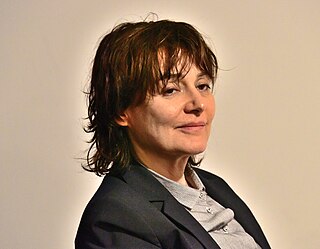 W
WKazimiera Szczuka is a Polish literary historian, literary critic, feminist and television personality, known from the Polish edition of The Weakest Link.
 W
WJerzy Waldorff-Preyss of the Nabram coat of arms was a Polish media personality, public intellectual, socialite, music critic and a music aficionado. He wrote over twenty books, mostly on the subject of classical music and society. Waldorff is known as "the last baron of the Polish People's Republic".
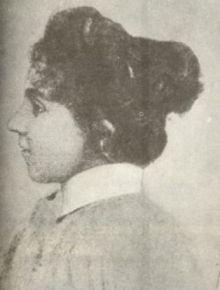 W
WPiotr Odmieniec Włast, Maria Jakubina Komornicka was a Polish writer of Young Poland period, translator and literary critic. Włast never denied nor rejected male identity, in contrast to the female one.
 W
WKazimierz Wyka (1910–1975) was a Polish literary historian, literary critic, and professor at the Jagiellonian University in Kraków following World War II. He was a deputy to the Polish parliament (Sejm) from 1952 to 1956 during the darkest years of Stalinism in Poland.
 W
WZygmunt Zaleski of Lubicz coat of arms, pseudonymes R. de Bron, R. Debron, was a Polish literature historian, literary critic, poet, publicist, translator. Awarded the Légion d'honneur.
 W
WKazimierz Zalewski, pseudonym Jerzy Myriel, was a Polish dramatist, literary and theatre critic, one of the leading author of middle-class positivistic drama.
 W
WStefan Jakub Żółkiewski was a Polish theoretist, historian of literature and literary critic. He was born and died in Warsaw. He was a co-founder of the Polish Workers' Party, editor-in-chief of Kuźnica (1945–1948), Polityka (1957–1958), director and professor of Polish Academy of Sciences, professor of Warsaw University.
 W
WWojciech Żukrowski was a Polish prosaist, poet, reporter, essayist and literary critic.